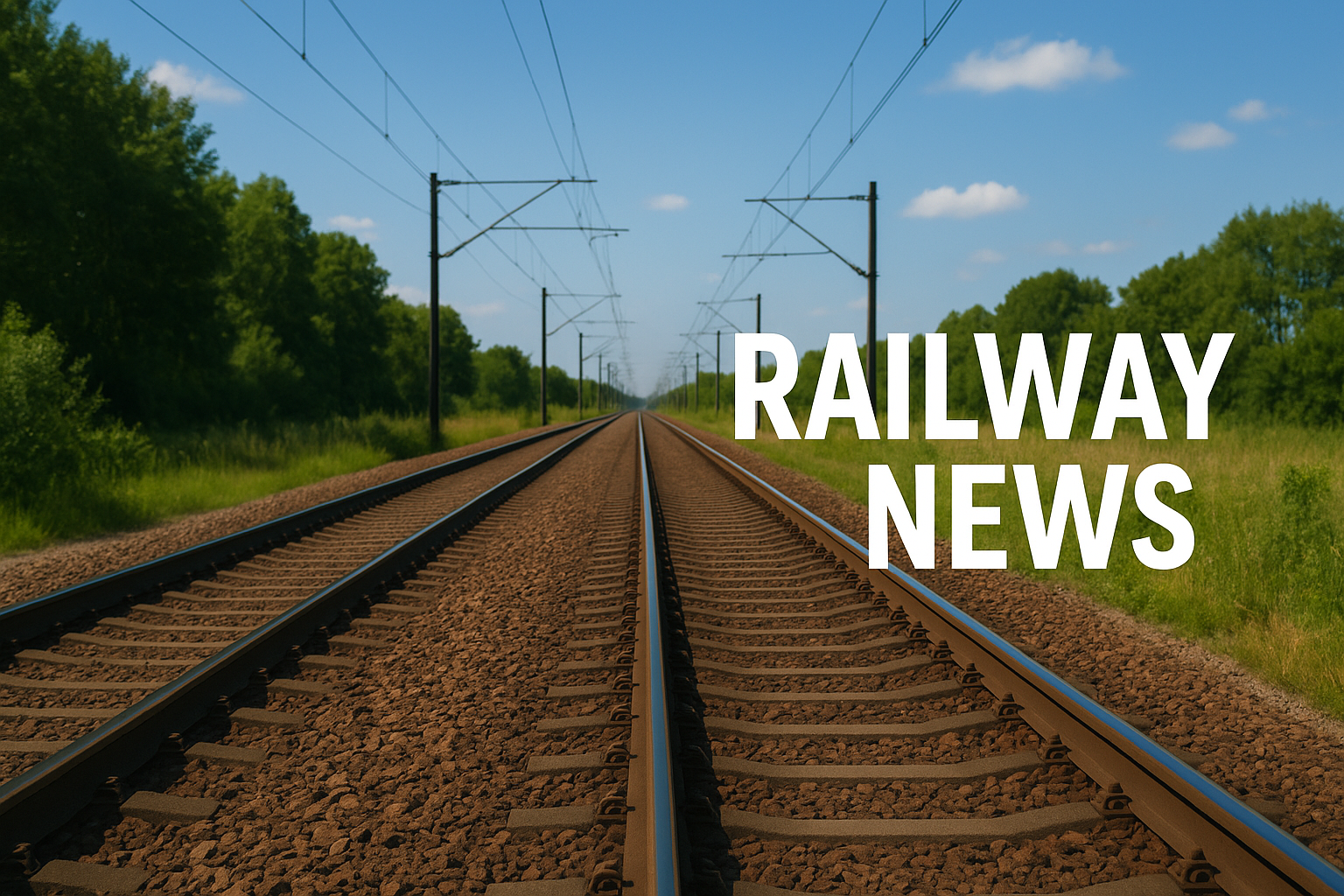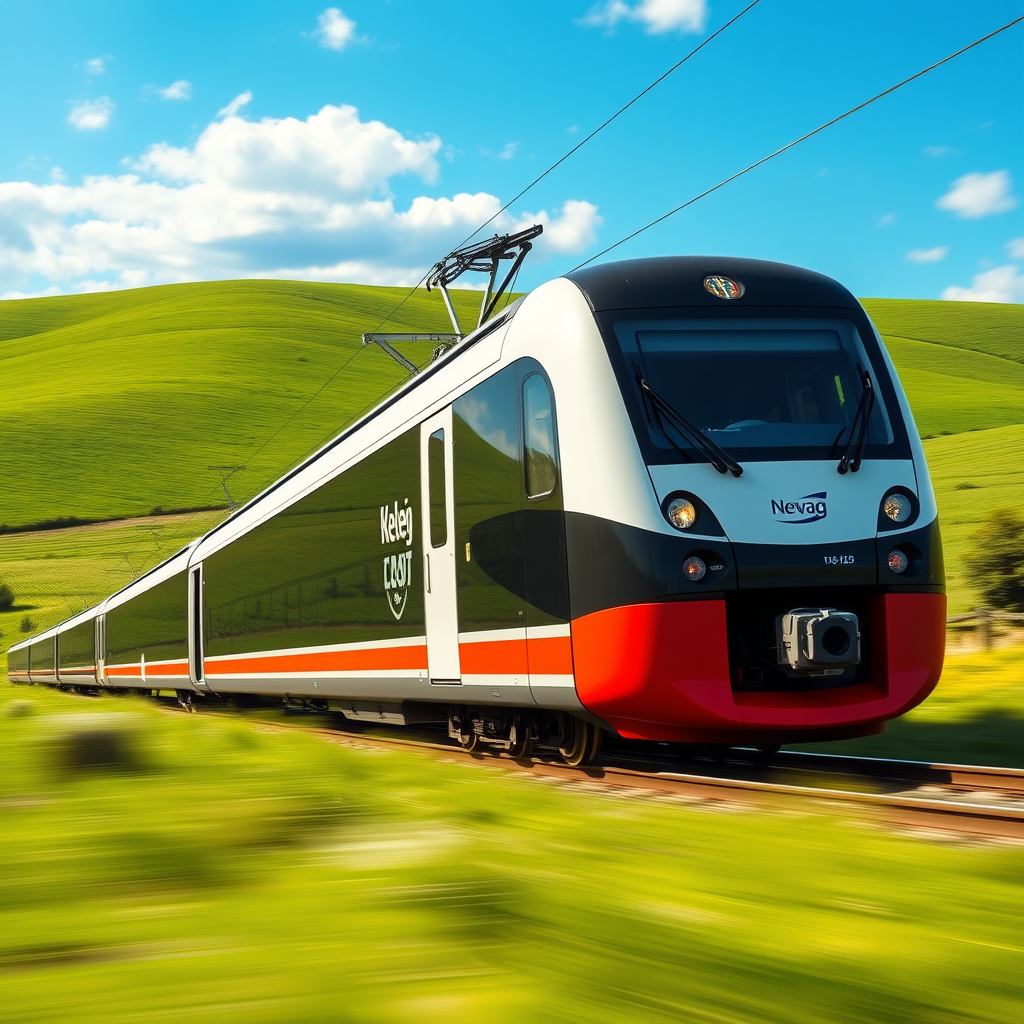UK Rail Fare Hike: 5.9% Rise, Crisis or Solution?

The Impact of Fare Increases on the UK Rail Network
This article examines the recent 5.9% increase in regulated rail fares in England and Wales, the largest rise since 2012. This significant adjustment occurs against a backdrop of considerable challenges facing the UK rail sector, including labor shortages, severe weather disruptions, and infrastructure deficiencies. The decision to peg the fare increase to average earnings growth, rather than the significantly higher Retail Price Index (RPI) inflation rate, represents a complex interplay of political and economic considerations. This analysis will delve into the factors contributing to this fare hike, explore its implications for passengers and the rail industry, and consider the broader context of ongoing reform efforts within the British railway system. We will examine the justification behind the government’s decision, the perspectives of various stakeholders, and potential long-term consequences for the accessibility and sustainability of rail travel in the UK.
The Rationale Behind the Fare Increase
The 5.9% fare increase, while substantial, is notably lower than the 12.3% RPI inflation rate recorded in July 2022. The government’s decision to link the increase to average earnings growth reflects an attempt to balance the financial needs of the rail industry with the affordability concerns of passengers. This approach, while mitigating the immediate impact of inflation on commuters, still raises questions about the long-term financial viability of the rail network, particularly given the ongoing operational challenges.
Operational Challenges Facing the Rail Industry
The UK rail sector has faced significant operational difficulties recently. Staff shortages, exacerbated by industrial action (strikes), have led to service disruptions and reduced reliability. Extreme weather events have also caused significant delays and cancellations, further impacting passenger satisfaction and confidence in the rail network. Furthermore, ongoing infrastructure maintenance and renewal projects, while crucial for the long-term health of the system, contribute to short-term service disruptions. These challenges necessitate investment and strategic planning to improve operational efficiency and resilience.
Passenger Perspectives and the Value for Money Debate
Despite the government’s efforts to cap fare increases below inflation, passenger advocacy groups express concerns about the value for money offered by the current rail services. Frequent service disruptions and delays, coupled with rising fares, lead to passenger dissatisfaction and a perception of inadequate service quality. This highlights the need for ongoing improvements in service reliability and customer experience to justify the fare increases and regain passenger trust. The focus should shift to improved efficiency and reliability of service delivery, in addition to addressing fare affordability.
The Need for Reform and Long-Term Sustainability
The current situation underscores the urgent need for comprehensive reform within the UK rail system. This includes not only addressing immediate operational challenges but also implementing long-term strategies to enhance efficiency, improve infrastructure, and ensure the financial sustainability of the network. The debate surrounding fare structures and ticketing systems requires careful consideration to find a balance that supports both the industry’s financial needs and the affordability requirements of passengers. Strategic investment in infrastructure, coupled with modernizing operational practices, is critical for long-term success.
Conclusions
The recent 5.9% increase in regulated rail fares in England and Wales reflects a complex interplay of economic factors and operational challenges within the UK rail sector. While the government’s decision to link the increase to average earnings growth, rather than the higher RPI inflation rate, offers some relief to passengers, it also highlights the ongoing financial pressures facing the industry. The persistent operational challenges, including staff shortages, infrastructure limitations, and the impact of severe weather, further complicate the situation. Passenger dissatisfaction, stemming from service disruptions and concerns about value for money, underscore the need for significant improvements in service reliability and customer experience. Looking ahead, a holistic approach to reform is crucial. This includes sustained investment in infrastructure modernization, innovative approaches to operational efficiency, and a comprehensive review of fare structures to ensure a fair and sustainable rail system that serves both the needs of the industry and its passengers. Failure to address these interconnected challenges risks undermining the long-term viability and public acceptance of rail travel in the UK. The government, rail operators, and passenger advocacy groups must collaborate to develop and implement comprehensive strategies to improve the efficiency, reliability, and affordability of the railway network for the benefit of all stakeholders. Only through such concerted effort can the UK’s rail system navigate its current difficulties and secure a sustainable and prosperous future.




